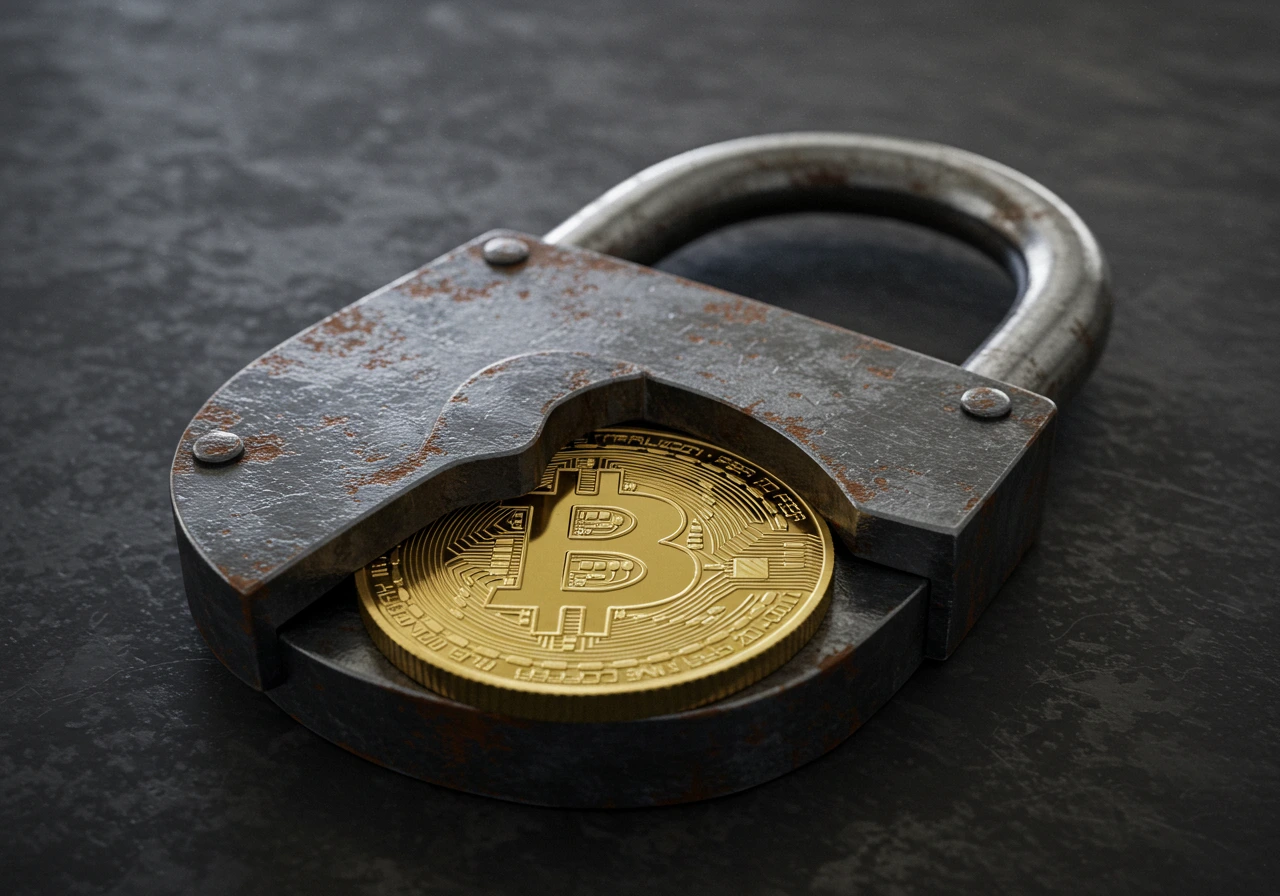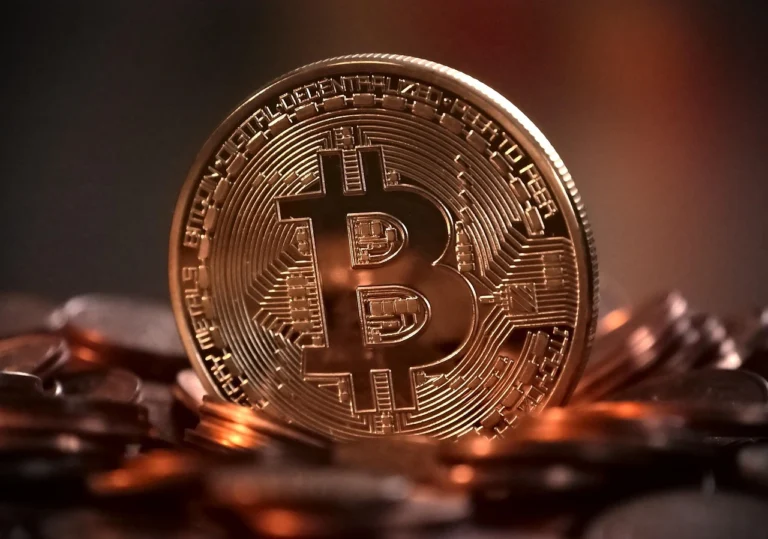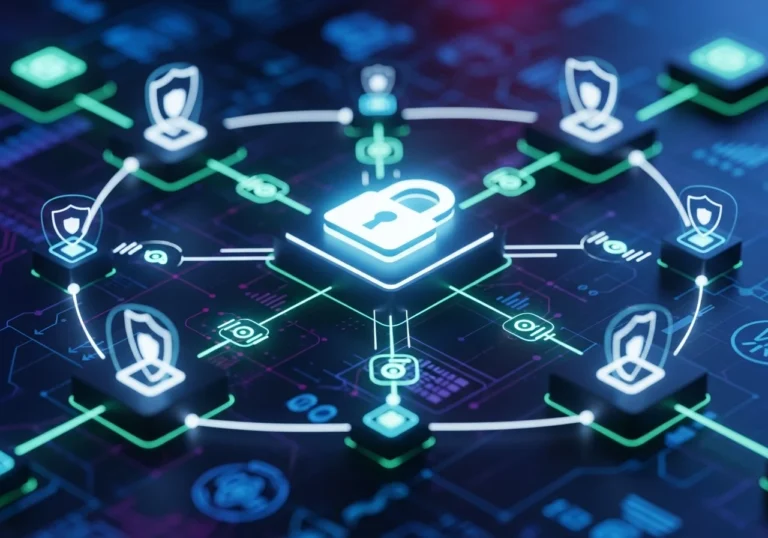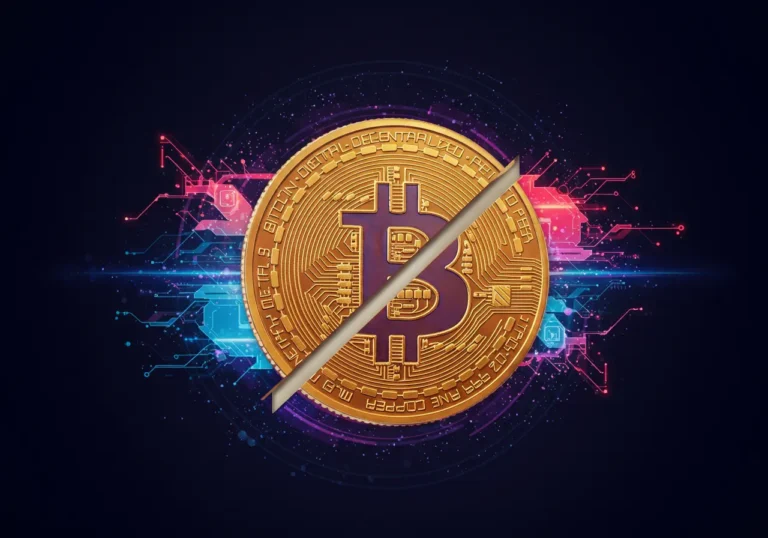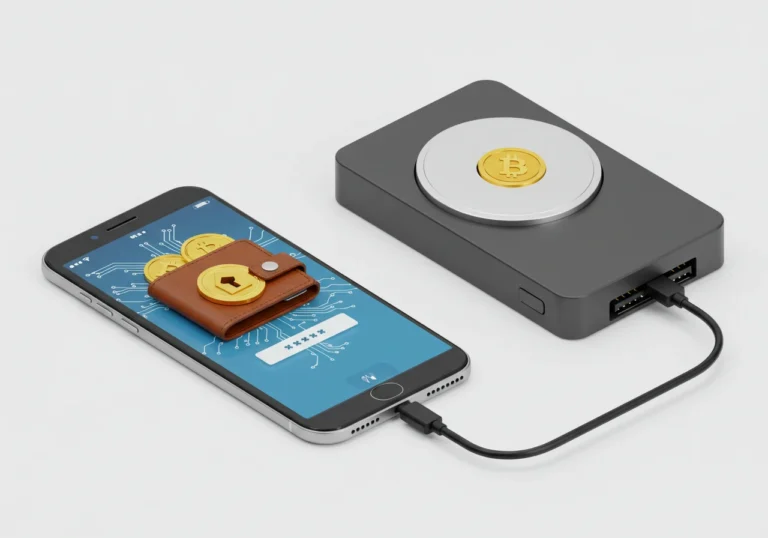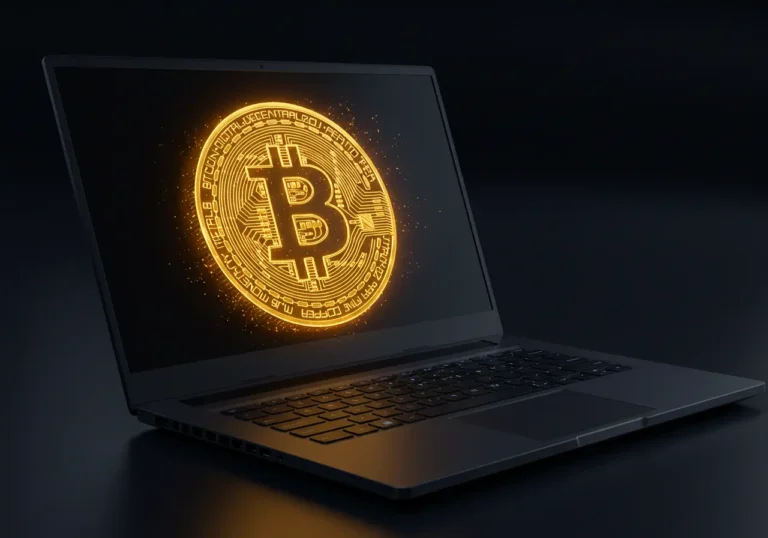KYC and AML in Crypto: What You’re Giving Up for Security
So, you’re signing up for a crypto platform and boom—they ask for your ID. Been there. I remember thinking, “Wait… why do they need this?” Turns out, it all comes down to something called KYC and AML. Sounds technical, but it’s actually pretty simple once you get the gist. Let’s walk through it together and make sense of what’s going on.

So, What Are KYC and AML?
Okay, picture this: KYC is short for “Know Your Customer.” It’s like when you go to a bar, and they check your ID to make sure you’re old enough. In crypto, they want to know you’re really you— not some random person pretending. Easy enough, right?
Then there’s AML, which stands for “Anti-Money Laundering.” This one’s about stopping shady stuff—like people hiding money they got from who-knows-where. Think of it like a store clerk eyeing a crumpled, soggy bill and wondering, “Where’d this come from?”
Crypto places use these two things to keep everything legit. Not every site does it, but the bigger ones usually do. It’s their way of saying, “We’re playing by the rules.”
Why Do They Even Bother?
You might be thinking, “Crypto’s supposed to be free and wild—why all these checks?” I wondered that too. Here’s the deal: without some rules, it’s like leaving your front door wide open. Anyone could walk in, including troublemakers.
So, KYC and AML step in to:
- Make sure you’re not a fake. No imposters allowed!
- Keep the money clean. No one wants stolen cash floating around.
- Build trust. It’s like knowing the playground’s safe to play on.
The first time I had to upload my ID, I grumbled a bit. Felt like extra homework. But then I thought, “Well, if no one’s checking, scams could pop up everywhere.” It’s a hassle, sure, but it keeps things safer.
How Does It Work?
When you join a crypto site that cares about this stuff, they don’t just wave you in. They’ve got a process. You’ll probably need to share:
- Your name—like what’s on your driver’s license.
- Where you live—your address.
- A photo of your ID, maybe even a selfie with it.
I remember doing this once and thinking, “This feels like applying for a job!” They use some fancy tech to check it all—kinda like a scanner at the grocery store. It’s quick sometimes, but other times you’re waiting a day or two. Annoying, yeah, but it’s just them making sure everything lines up.
What About My Privacy?

Here’s where it gets real. Ever wonder who’s looking at your info? I did. Handing over my ID felt strange—like letting a stranger peek at my diary. So, what happens to it?
Good news: most legit places lock it up tight. They scramble it with something called encryption—think of it like a secret code only they can crack. But, real talk, nothing’s 100% safe. There’s always a tiny chance someone sneaky could get in. That’s why I stick to sites that seem solid—ones that don’t mess around with security.
Your privacy’s still there, just stretched a bit. You’re sharing more than you might like, but it’s for the greater good. Kinda like telling a buddy a secret so they can help you out.
The Tricky Side of It
For crypto sites, this isn’t a walk in the park. Rules change all the time, and every country’s got its own ideas. It’s like trying to herd cats while riding a bike. They’ve got to balance keeping your info safe with following the law—tough gig.
For us? We just see the “upload here” button. Behind the scenes, they’re jumping through hoops. Some even train their teams or double-check risky people. Me, I just want it to work without a headache.
How to Keep Yourself Okay With It
So, how do you deal with this and not feel weird? I’ve got your back. Here’s what I do:
- Pick places everyone trusts. Like a diner with a line out the door—must be good, right?
- Check their privacy rules. Boring, but it’s like reading the fine print on a deal.
- Don’t share with sketchy sites. If it looks off, walk away. Common sense, y’know?
- Talk to folks. Friends or online chatter can point you to the good spots.
If you’re ever stuck, don’t sweat it. I’ve stared at those screens too, wondering what’s next. Ask someone—it’s no big deal.
Wrapping It Up
There you have it! KYC and AML might feel like a pain, like someone’s nosing into your life. But they’re just trying to keep crypto safe and sound. It’s not perfect—I mean, sharing your ID ain’t exactly fun. Still, with a decent site, your stuff’s protected.
Next time they ask for your info, you’ll get why. You’re helping keep the system honest. And if it bugs you, just pick a place you vibe with. You’re calling the shots.
Thanks for sticking with me! Got a story about this stuff? Or a question? Let’s keep the chat going—I’m all ears.
Quick Hits
- KYC and AML make crypto safer and legit.
- You share some personal details, but it stops the bad stuff.
- Good sites keep your info locked up tight.
- Go with places you trust, and don’t overshare.
Table of Contents

Hello, I’m Edmilson Dias, founder of CoinBringer. I created this platform to guide people through the fast-moving world of cryptocurrency with clarity and safety. With years of research in blockchain and digital security, my goal is to translate complex topics into practical knowledge, offering reliable tutorials, safety insights, and guidance for both newcomers and experienced users.
Discover more from CoinBringer
Subscribe to get the latest posts sent to your email.

